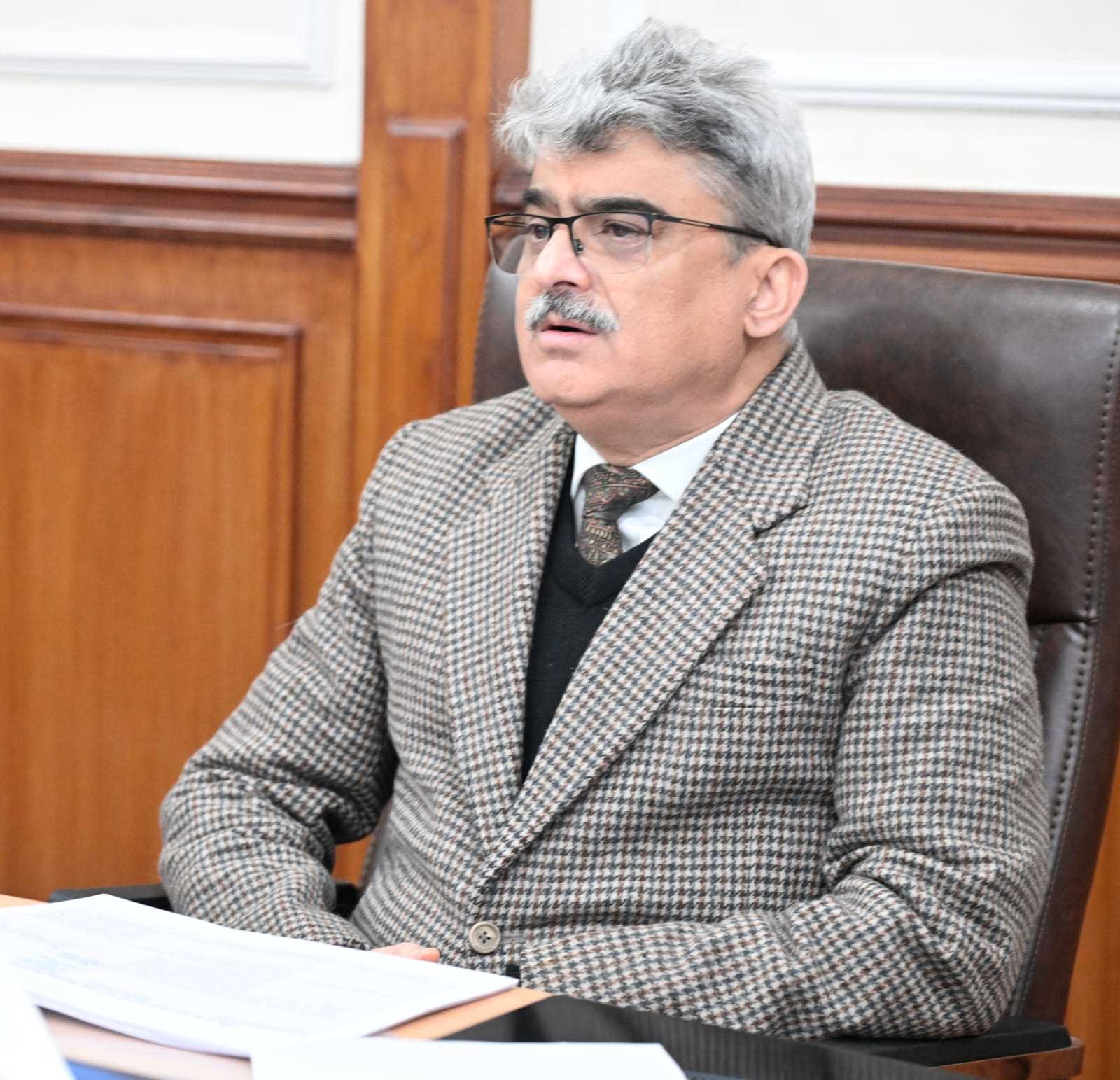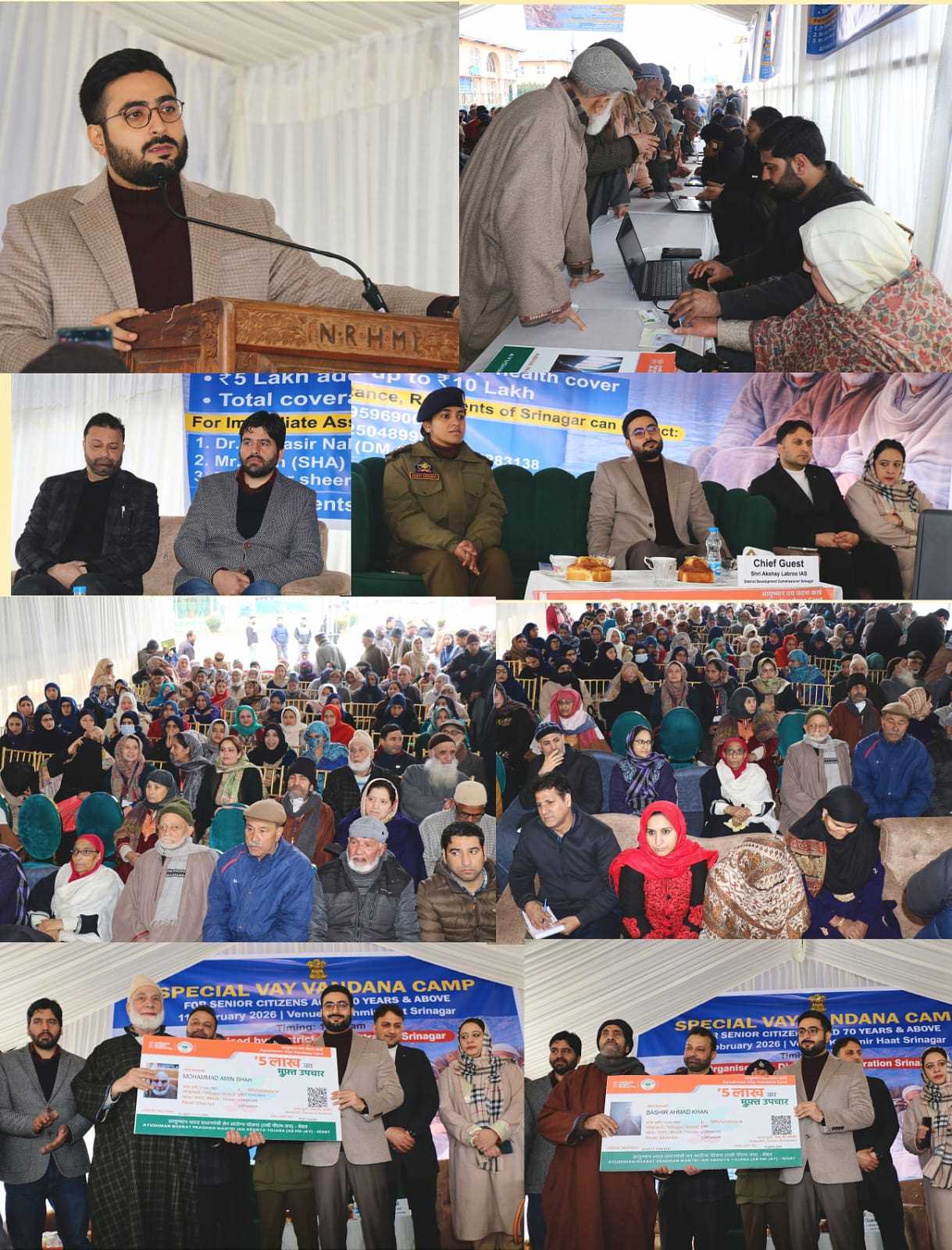When ethics collapse, only female hands should be trusted in women’s birthing spaces.
What has recently unfolded at LD Hospital Srinagar is not just disappointing; it is a dark and shameful chapter in the history of medical ethics. A space meant to uphold dignity and confidentiality was disgracefully exploited for social media exposure.. Reports have surfaced that some medical students and doctors filmed women during labor and shared this highly sensitive and personal content on social media platforms. Such an act is not merely unethical; it is a breach of trust, human dignity, and professional responsibility. The medical profession is often seen as one of the noblest vocations, where healing, compassion, and confidentiality are fundamental. Doctors are trusted not only with lives but with the most private and vulnerable moments of an individual’s life. To betray this trust for online views or fleeting digital fame is a deeply shameful act. It tarnishes the integrity symbolized by the white coat, which represents purity, dedication, and service to humanity.
When medical professionals trained to uphold ethics and protect human dignity descend into the behavior of careless vloggers and social media entertainers, the consequences are terrifying. It sets a dangerous precedent where no space remains sacred, no woman feels safe, and no patient can trust the sanctity of a hospital environment. This is not merely an issue of misconduct; it is a moral failure that reflects the erosion of professional values within some corners of our healthcare institutions.
Such behavior turns labor room places meant for the sacred miracle of childbirth into stages for public spectacle. These rooms are not content creation hubs; they are spaces of immense emotional, physical, and spiritual significance for women. To convert them into platforms of shameless exposure is to violate the essence of what it means to be a caregiver.
Islamic ethics rest upon three foundational principles: dignity (karamah), privacy (satr), and accountability (hisab). These principles are not just theoretical; they are meant to be practiced in everyday life, especially in sensitive professions like medicine. Filming women in labor without their informed consent is a direct breach of these principles. Surah An-Nur (24:30-31) instructs believers to lower their gaze and safeguard modesty, an obligation that extends to all, especially those in positions of trust such as healthcare providers.
In Islam, a woman’s body is regarded as “awrah, " something private, sacred, and not to be exposed to anyone but her husband or in cases of medical necessity. Even when exceptions are made for medical care, strict protocols are advised. The Prophet Muhammad PBUH emphasized that even in situations where medical exposure is necessary, it must be minimized and, if possible, carried out by a person of the same gender. Thus, filming a woman during labor, a moment of maximum vulnerability, is a violation of Islamic rulings, professional ethics, and human empathy.
From the perspective of Fiqh (Islamic jurisprudence), consent is a fundamental requirement in any interaction involving the body. Filming individuals in vulnerable moments without their permission is a violation of both religious principles and civil law.. The Prophet PBUH condemned those who expose the faults or privacies of others, warning that such people will have their faults exposed on the Day of Judgment. This Hadith directly correlates with the act of filming labor procedures for entertainment or online consumption.
Filming individuals in vulnerable moments without their permission is a violation of both religious principles and civil law.Just as one cannot enter a home without permission, one cannot intrude into a patient’s private medical experience. Labor rooms should be safeguarded as zones of complete respect, not turned into environments of exploitation.
The presence of male interns or doctors in labor wards must be strictly monitored, and wherever possible, female professionals should be assigned. Not only does this uphold religious values, but it also provides emotional safety to the patient. Islam encourages comfort and dignity during treatment, not shame and public exposure.
The white coat must embody honor and compassion, not shame and misconduct.. When medics become influencers and privacy becomes content, we are staring into a moral abyss. This is not just a professional failing; it is a spiritual sickness.
Email:------------------ amaarmir77@gmail.com






